
Thinking Critically: Weigh All Sides
T
he ability to think clearly begins with the willingness to pause. In a world that prizes speed and certainty, children need space to consider more than one angle before making up their minds. Weighing different sides isn’t about indecision—it’s about discipline. It teaches kids that most questions don’t have one obvious answer, and that good thinking means setting assumptions aside long enough to ask, “What else could be true?”
One morning, my daughter insisted her teacher had been unfair. I asked what happened, and she laid out her side with conviction. I didn’t challenge her—but I did ask, “What might the teacher have seen?” She paused, thought, and then added a few more details: she had been whispering with a friend; the lesson had already started. Her frustration didn’t vanish, but her view widened. That small moment—of seeing beyond her own experience—made her more thoughtful the next time something felt unfair.
Encourage this habit by asking your child to explain different viewpoints, even ones they don’t agree with. Discuss a story from more than one character’s eyes. Talk through a real-world issue and ask what someone else might believe, and why. You’re not asking them to agree—you’re asking them to think. When they practice holding multiple ideas at once, they build the patience and clarity that real reasoning requires.
Thinking Critically
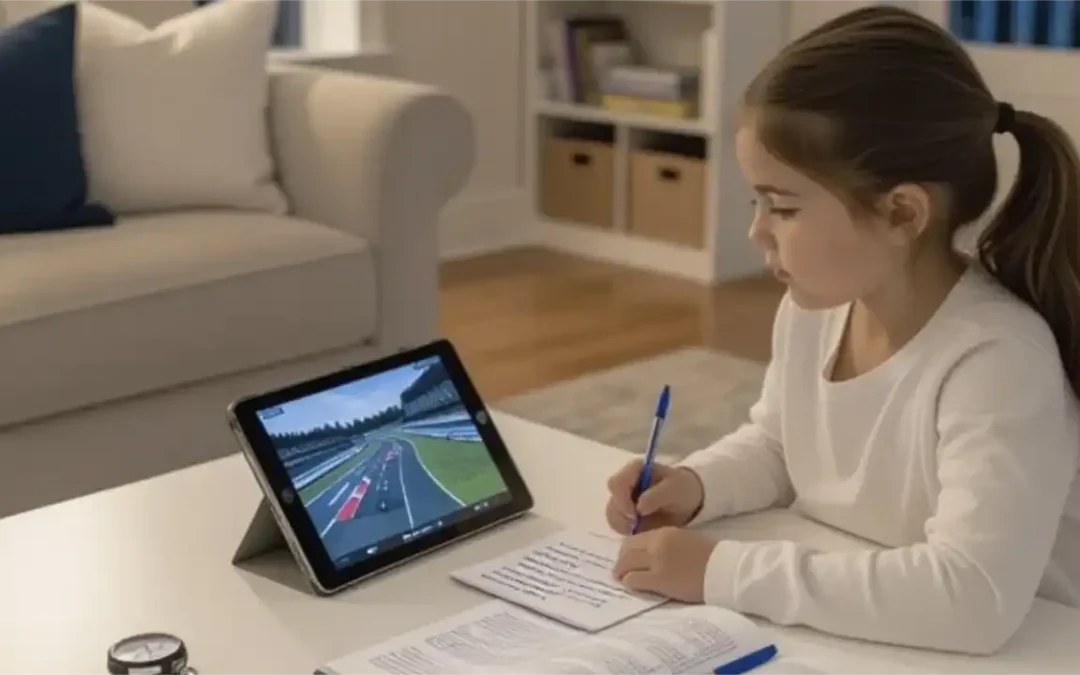
Thinking Critically: Prove with Proof
Encourage children to look for evidence behind claims. This strengthens reasoning, independence, and thoughtful judgment.
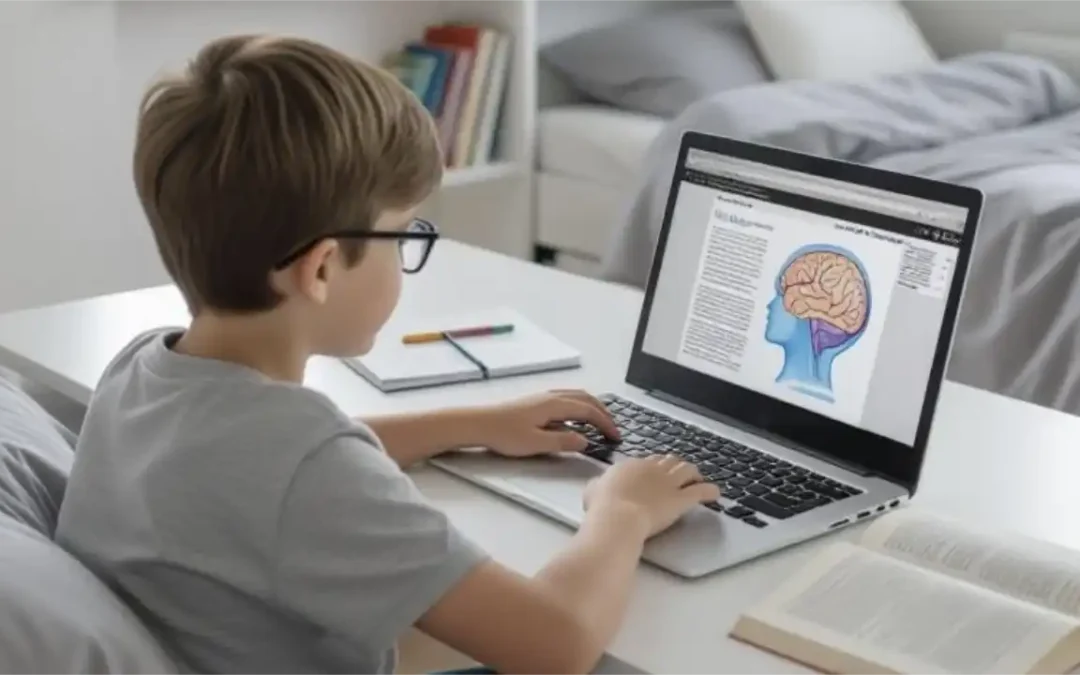
Thinking Critically: Seek True Facts
Help children learn to verify information and recognize reliable sources. Truth-seeking builds clarity, wisdom, and confidence.
Table of contents

Primordial Soup for the Mind: Navigation
Navigate the book Primordial Soup for the Mind.
TIPS
- Ask your child to consider another perspective, especially during disagreements.
- Use stories or real situations to practice switching viewpoints.
- Praise thoughtfulness over quick conclusions.
ACTIVITIES
- Flip It Talk: During a discussion, say, “What might someone else think about this?” Explore both views together.
- Story Shift: After reading or watching something, ask, “How would the story change if told from another character’s point of view?”
EXAMPLE
My daughter felt wronged at school. I gently asked what the teacher might have seen. That pause widened her view—and helped her reflect, not just react.

Download “Primordial Soup for the Mind: A Parent’s Guide to Nurturing Intellectual Growth”
Enter your information to get this article and hundreds more as part of the FREE book Primordial Soup for the Mind.
Share your thoughts with the Thought Academy community in the Comments section below.

Sharpen those skills!
Enter your information to get our FREE practice exercises so you can hone your critical thinking and reasoning skills!



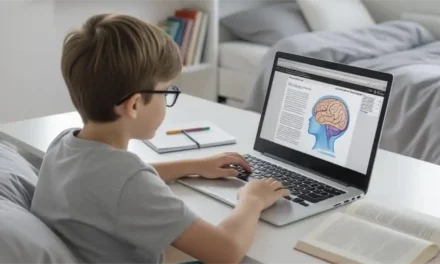

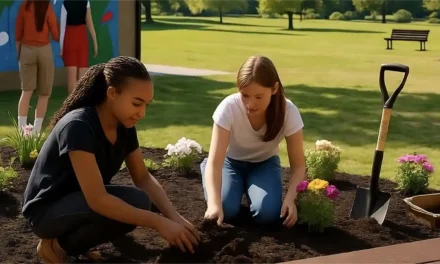
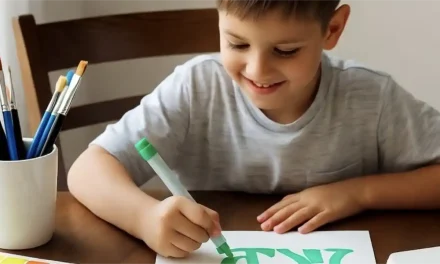
0 Comments